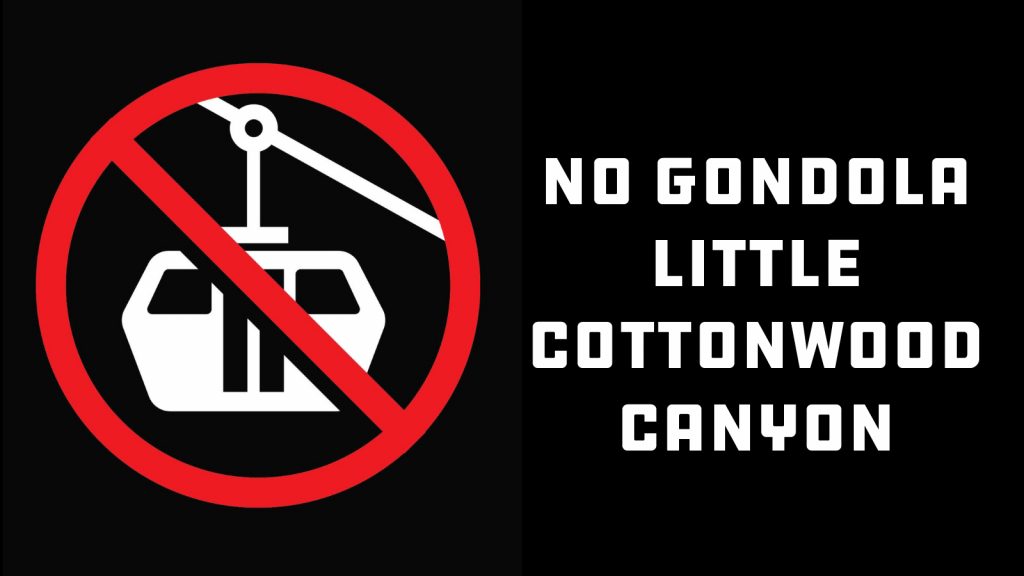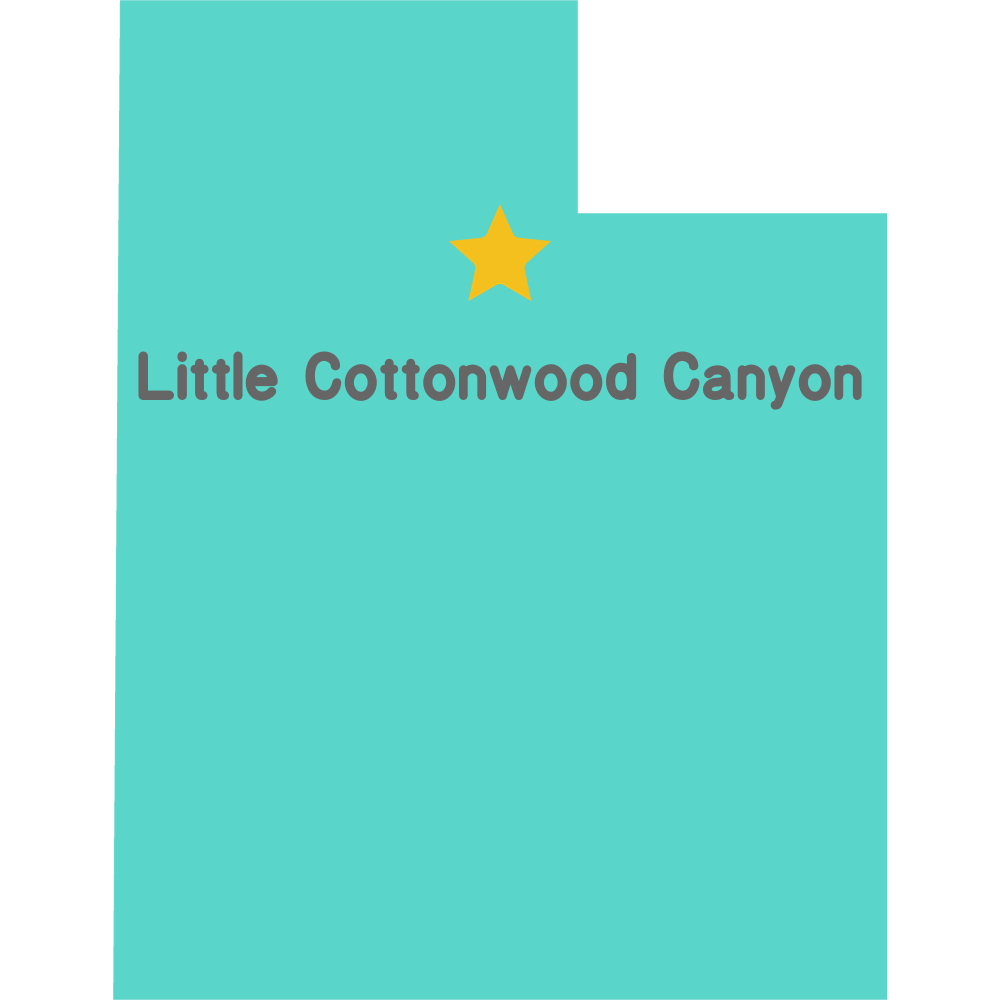This week UDOT received notice of a lawsuit filed in federal court which claims they violated the National Environmental Act when they approved the Gondola project earlier this year. Is the lawsuit a serious blockade to the project, who is behind the lawsuit, and do they have standing?
Who is suing UDOT to Block the Little Cottonwood Canyon Gondola?
A coalition of individuals and environmental nonprofits has filed a lawsuit against the Utah Department of Transportation (UDOT) to halt the construction of a gondola in Little Cottonwood Canyon. The plaintiffs include two environmental nonprofits, Friends of Alta and International Outdoor Recreation Asset Alliance, along with individuals Craig Heimark, Jeff Schmidt, Victoria Schmidt, Margaret Bourke, and Kirk Nichols. These groups are united in their opposition to the gondola project and are seeking legal intervention to prevent its continuation.
Who is funding the lawsuit?
Although it’s unclear exactly who is funding the lawsuit, Craig Heimark, Jeff Schmidt, Victoria Schmidt, Margaret Bourke and Kirk Nichols are joining Friends of Alta and International Outdoor Recreation Asset Alliance in the lawsuit. It is common for environmental nonprofits to finance such legal challenges through donations, grants, or other fundraising efforts. Individual plaintiffs may also contribute to the funding or cover their legal costs independently.
On what grounds are they suing UDOT?
The lawsuit, filed in federal court, alleges that UDOT has exceeded its authority and violated the National Environmental Policy Act (NEPA). The complaint specifically criticizes UDOT for approving the gondola project, named “Gondola Alternative B,” without proper compliance with NEPA’s procedural and substantive requirements. The grounds for legal action include arbitrary and capricious decision-making by UDOT, raising concerns about the selection process and its potential impacts on the environment.
Why is there so much controversy over the Little Cottonwood Canyon Gondola Project?
Controversy surrounding the Little Cottonwood Canyon Gondola Project stems from various factors. The estimated cost of the gondola, exceeding $725 million excluding operating expenses, has raised eyebrows and prompted concerns about the financial burden on taxpayers or users. Additionally, the potential impact on the canyon’s watershed and wildlife has fueled environmental concerns.
The lawsuit questions the significance of the gondola’s contribution to easing traffic congestion during peak winter months. Doubts are raised about whether the project’s benefits outweigh the potential harm to the natural beauty of Little Cottonwood Canyon. The perceived lack of transparency and thorough analysis in UDOT’s decision-making process has intensified opposition, creating a contentious atmosphere around the project.
If the lawsuit fails, what’s the next steps for the Gondola?
Should the lawsuit fail to block the gondola project, UDOT’s plans for implementation will likely proceed. The project involves three stages, starting with tolling and increased bus services, followed by the widening of Wasatch Boulevard and construction of snow sheds. The final stage entails the actual construction of the gondola, which is set to be the longest in the world at 8 miles. If legal challenges are overcome, UDOT will move forward with executing the project as planned, delivering riders to Snowbird and Alta ski resorts in Little Cottonwood Canyon.


